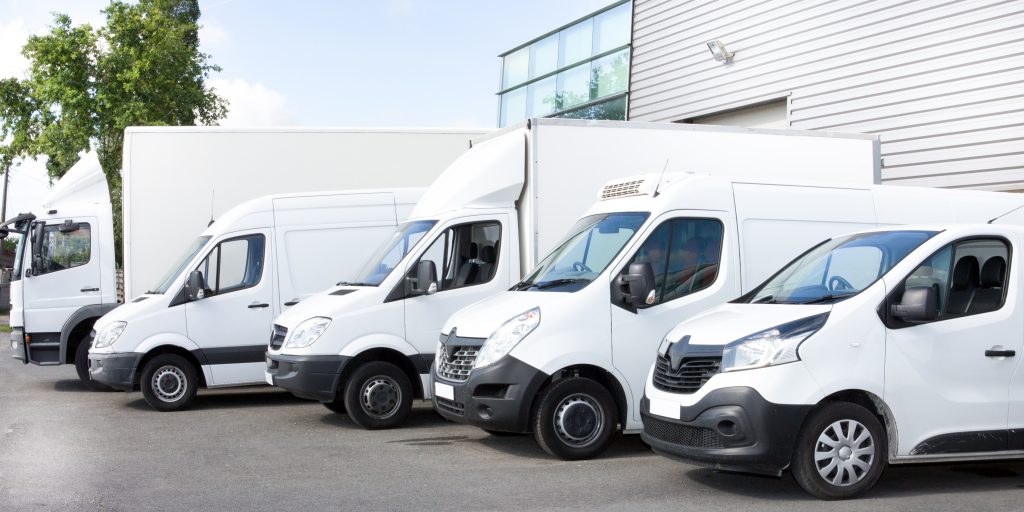
With the passage of the Tax Cuts and Jobs Act in December 2017, small businesses have yet another incentive to ramp up their capital expenditures. Want to add a new alarm system? Need to upgrade your computer software? How about refurbishing your interior office or warehouse space? These are new categories of expenditures added under the new tax law that qualify for immediate expensing under expanded Section 179 and Bonus Depreciation provisions of the tax code.[i] Both provisions, which were due to sunset in the last couple of years, have been extended and enhanced to provide small businesses with even greater incentives to invest in the growth of their businesses.[ii]
Increased Annual Spending Limit for Section 179
The new tax law expands the opportunity to immediately expense the full price of qualifying new and used equipment and property. The deduction limit has been increased from $520,000 to $1 million per purchase with a larger total spending cap of $2.5 million. The Section 179 deduction is phased out on purchases over the spending cap.
Section 179 expensing is available for most types of equipment and property (not including real estate) that are placed into service in the year the deduction is taken. The new tax law expanded the qualifying property to include certain depreciable tangible property used in connection with lodging and improvements to non-residential real property, including roofing, heating, air conditioning, ventilation, and alarm systems.
Double Bonus Depreciation
Bonus depreciation is a form of accelerated depreciation that allows a significant portion of the expense to be immediately deducted in the year when it is placed into service instead of spreading it out over several years.[iii] The tax law extended the provision through 2026 and doubled the immediate first-year deduction from 50% to 100% on qualifying equipment or property. The other significant change to the provision is the deduction is now available on used purchases.[iv]
Qualifying property includes most types of tangible property with a depreciable recovery period of 20 years or less. Property classified as “listed property” under the tax code can consist of personal property, but it must be used over 50% of the time for business.[v] With the new tax law, computers are no longer considered listed property, which means they can be used less than 50% of the time for business. Computer software is now eligible for bonus depreciation.
Unlike Section 179, which was made permanent, bonus depreciation is scheduled to expire at the end of 2026. The 100% deduction is only available until January 1, 2023, after which it is phased out over the next four years: 80% in 2023, 60% in 2024, 40% in 2025, and 20% in 2026.[vi]
Putting Your Tax Breaks into Action
Not only do these changes enhance the tax savings your business can realize on capital expenditures, they bring more clarity and certainty to your business’s tax situation, allowing you to do more long-range planning. Here are some ways these enhanced tax strategies can benefit your business.
Plan your purchases: Businesses can now count on the same annual tax break for purchases planned well into the future. It would be important for the business to incorporate its equipment needs into its long-range planning to maximize the deduction each year.
Use it to offset profits: As part of their long-range planning and forecasting, businesses can project the use of the deductions to offset profits. For example, if the business is not expecting a big profit in the current year, it could delay the purchase until the following year if profits are expected to increase.
Use it to reinvest in your business: In most years, a well-planned Section 179 or bonus depreciation deduction will enable the business to retain cash that it can use to invest in the business. The tax savings can be applied to planned purchases, which could qualify for another deduction the following year.
Increase your cash flow further through leasing: Many business owners are surprised to learn that Section 179 and bonus depreciation tax breaks also apply to equipment leasing. When properly structured using an Equipment Lease or Equipment Finance Agreement, the amount you deduct may exceed your cash outlay for the year for an immediate, positive impact on your cash flow and profits.
If you have been considering a capital expenditure for your business, now would be the time to sit down with your business bank to discuss your best financing options. Financing options such as SBA loans, lines of credit, as well as equipment loans, and leases can be structured to provide your business with the full benefit of these valuable deductions.
Advisory services are offered through URS Advisory LLC dba URS Advisory, an Investment Advisor in the State of Florida (CRD# 289892). Insurance products and services are offered through JEL Enterprises, Inc. dba URS Insurance, an affiliated company.
All content is for information purposes only. It is not intended to provide any tax or legal advice or provide the basis for any financial decisions. URS Advisory does not offer tax planning or legal services but may provide references to tax services or legal providers. URS Advisory may also work with your attorney or independent tax or legal counsel. Please consult a qualified professional for assistance with these matters.
[i] https://www.irs.gov/newsroom/new-rules-and-limitations-for-depreciation-and-expensing-under-the-tax-cuts-and-jobs-act 15 August 2022
[ii] Ibid.
[iii] https://www.fool.com/the-ascent/small-business/articles/bonus-depreciation/ 15 August 2022
[iv] https://www.irs.gov/newsroom/new-rules-and-limitations-for-depreciation-and-expensing-under-the-tax-cuts-and-jobs-act 15 August 2022
[v] https://www.hrblock.com/tax-center/filing/adjustments-and-deductions/tax-depreciation/ 15 August 2022
[vi] https://www.nolo.com/legal-encyclopedia/50-bonus-depreciation-likely-extended-2014.html 15 August 2022


